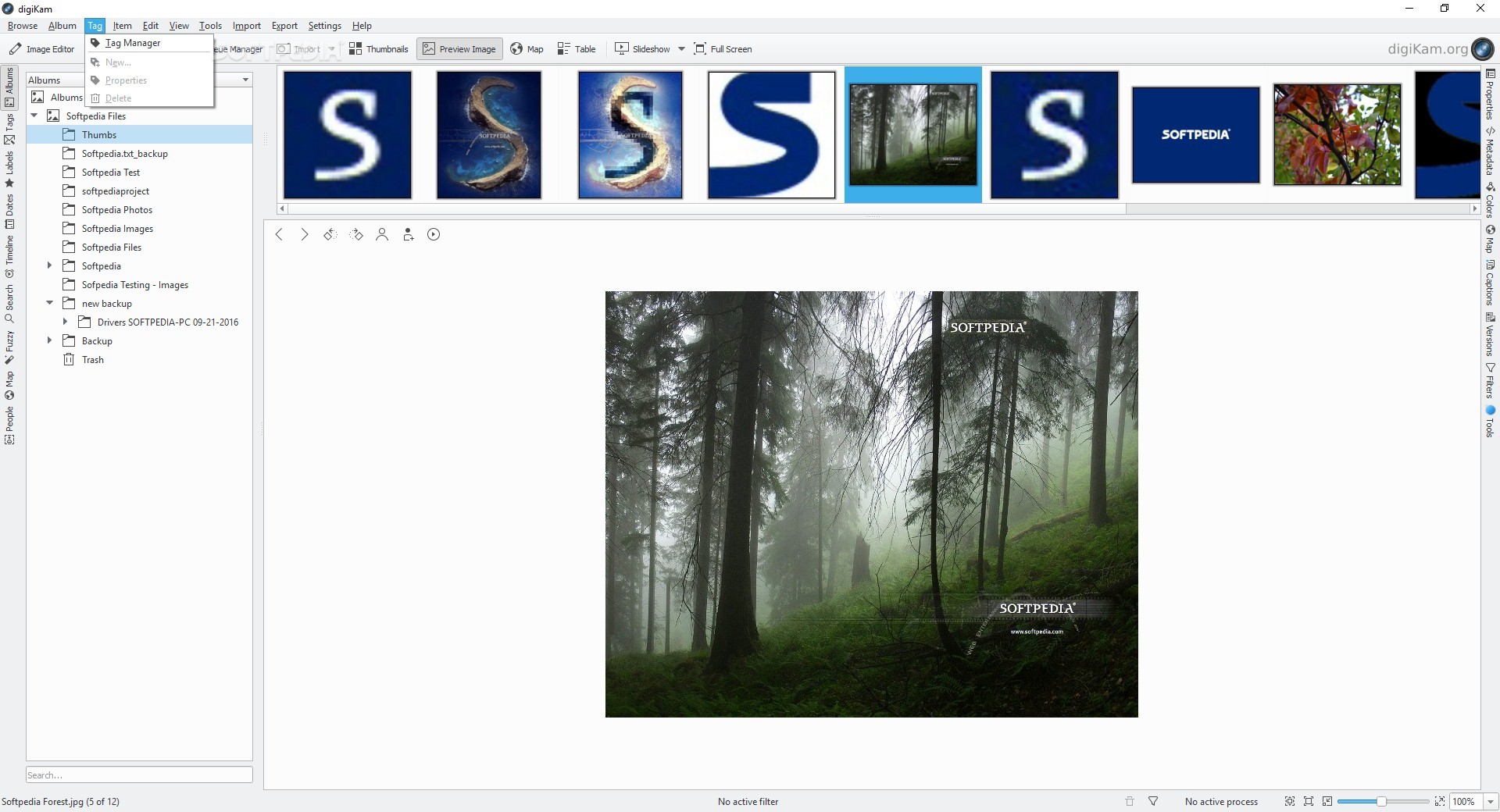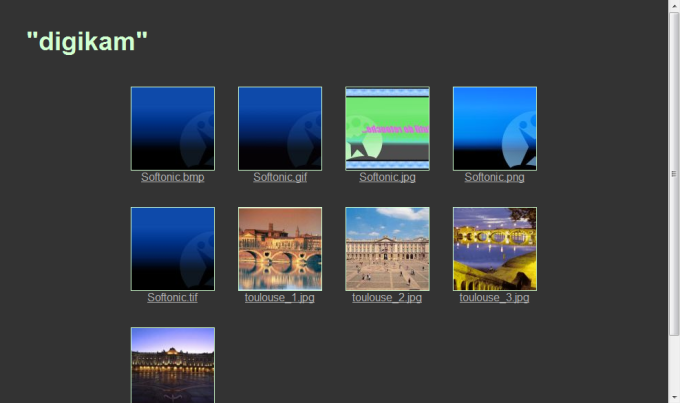

local -> bin (create bin folder if not exist). Just, press Ctrl+H in Files, and navigate to. First, it’s recommended to put the AppImage package into a certain folder for long time use. If you want to add a shortcut into app launcher (search results in ‘Show Applications’ and/or ‘Activities’ overview), do following steps one by one.ġ.

Navigate to “Permissions” tab, and enable “Allow executing file as program”.Right-click on the AppImage package, and click open “Properties”.And, do following steps to launch digiKam: In the case, you can choose to use the non-install AppImage package.ġ.) First, select download the AppImage package from the link below:Ģ.) Then, open the Downloads folder in your file manager. Some users do NOT like Flatpak, because it take much more disk spaces.

Digikam home directory install#
Then, run command to install digiKam as flatpak package: flatpak install Īs you see in the screenshot below, the flatpak package however will do many downloads for the run-time libraries. When it opens, run command to enable Flatpak support. For digiKam Flatpak package, first press Ctrl+Alt+T on keyboard to open terminal. The new digiKam release is available to install via both Flatpak and AppImage.
Digikam home directory how to#
How to Install digiKam 8.0.0 in Ubuntu & other Linux
Digikam home directory update#
Update G’MIC-Qt tool to last version 3.2.2.Add support for SQLite WAL (Write-Ahead-Logging) mode.New option to write metadata to files with ExifTool backend.Database search by the number of face regions or without face regions.Add JPEG-XL, WEBP, and AVIF converters in Batch Queue Manager.Add convert to lossless JPEG-XL, WEBP, and AVIF while importing from camera.Spell-checking in the captions/information/properties edit-text widgets.Port to Qt6, and still compatible with Qt 5.15 LTS.Other changes include new OCR over scanned text via Tesseract engine, and: It added support for 16-bit float (half float) images in the TIFF Loader, and JPEG-XL, WEBP, and AVIF export settings everywhere. Image support has been greatly improved in this release. An EPUB is also available for offline use. It features new online documentation that is well written with plenty of screenshots and screencasts. DigiKam, the popular KDE photo management software, released new major 8.0.0 version! Here are the new features and how to install guide for Ubuntu users.ĭigiKam 8.0.0 is a big release after two year of development.


 0 kommentar(er)
0 kommentar(er)
